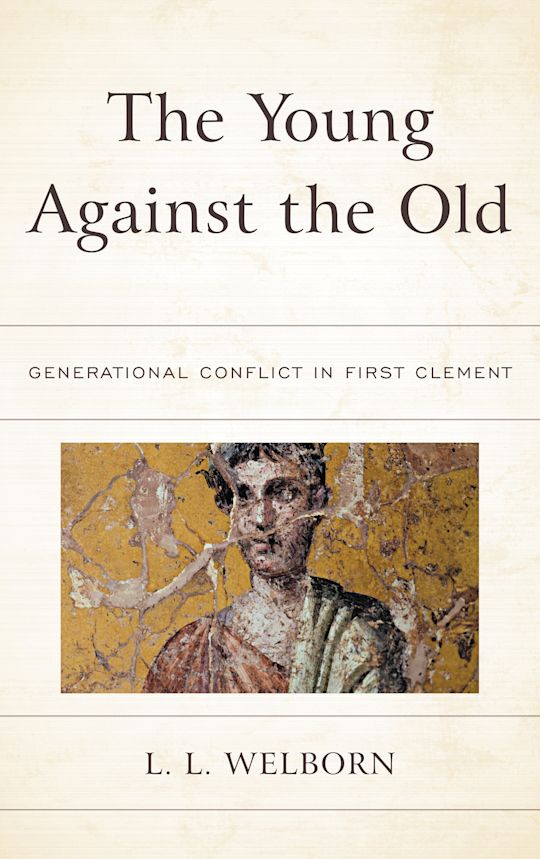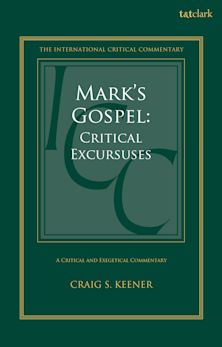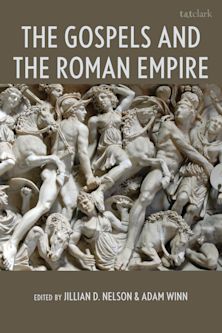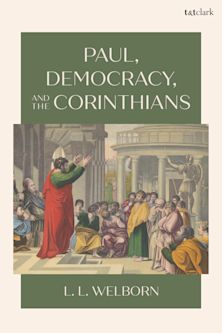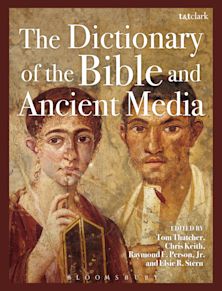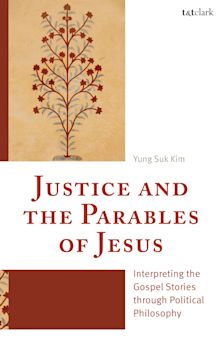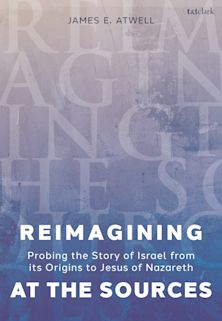- Home
- ACADEMIC
- Biblical Studies
- New Testament
- The Young Against the Old
The Young Against the Old
Generational Conflict in First Clement
The Young Against the Old
Generational Conflict in First Clement
You must sign in to add this item to your wishlist. Please sign in or create an account
Description
The so-called First Epistle of Clement has long intrigued historians of early Christianity. It responds to a crisis in the Corinthian church by enjoining an ethic of subordination especially to the presbyteroi and episkopoi, but the exact nature of that conflict has eluded scholars. L. L. Welborn sets out a clear methodology for reconstructing the historical situation behind the letter, then examines the conventions of its deliberative rhetoric, its blending of citations from the Old Testament and Paul’s letters, and its reliance on topoi from Greco-Roman civic discourse. He then presents a compelling argument for the letter’s occasion. First Clement assails a “revolt” among the youth against their elders, invoking epithets and characterizations that were, as Welborn demonstrates at length, common in political discourse supporting the status quo. At length, Welborn proposes two possible scenarios for the precise nature of the “revolt” in Corinth— a revolt possibly inspired by memories of the apostle Paul— and details the replacement of a Pauline ethic with a strict code of subordination.
Table of Contents
Chapter 2: Hypothesis
Chapter 3: Context
Chapter 4: Application
Chapter 5: Reconstruction
Product details
| Published | 07 Mar 2018 |
|---|---|
| Format | Ebook (PDF) |
| Edition | 1st |
| Extent | 292 |
| ISBN | 9798765187562 |
| Imprint | Fortress Academic |
| Publisher | Bloomsbury Publishing |
About the contributors
Reviews
-
This is a stunning piece of scholarship examining the intergenerational conflict at the Church in Corinth as expressed through 1 Clement. Welborn offers an in-depth, close reading of the language of the text itself, at times nearly word-for-word philological exegesis, positioning the conflict described in 1 Clement as a watershed moment in the history of the development of the church itself. Through this meticulous analysis of the source material, language, and demographic patterns, he provides a glimpse into Christian life in the ancient world awash in congregational discord and discourse that eventually contributed to the development of Church hierarchy. . . . Overall this is a book of tremendous insight not only into 1 Clement, but into the world of classical literature and the extant scholarship on this particular epistle. The notes at the end of each chapter are themselves things of beauty, providing a thorough grounding in that scholarship both on 1 Clement and early church history. It is an eminently readable and erudite addition to the same.
Reading Religion
-
This is an excellent book. . . . Welborn succeeds admirably in fulfilling the hermeneutical conditions
that he sets himself, not least his assertion that a good solution to the problem of the origins of the conflict in ? Clement should account for much of the epistle’s content. Especially striking in this respect is the way that his thesis illuminates Clement’s use of the Old Testament and his use of Paul’s letters.Journal of Ecclesiastical History
-
Many have speculated on the nature of the conflict that, that according to the so-called First letter of Clement, disturbed the congregation at Corinth in the late first century CE. Welborn solves this riddle by arguing that First Clement takes a position in ongoing intergenerational conflict. After drawing an impressively vivid image of what it meant to be a young male at Rome and Greco-Roman Corinth, and how far social and political power and the notion of good political order was shaped by a regime of the old, Welborn demonstrates in an absolutely convincing way that First Clement constructs its epistolary discourse so as to crush the revolt of the young and to ensure the reinstatement of the deposed church leaders for the older generation. First Clement becomes thereby not only one of the first witnesses to subvert the original message of its own hero Paul, but also points to some hidden social and political conflicts that need attention in contemporary theological discussion.
Angela Standhartinger, University of Marburg
-
In this excellent prolegomenon to an eagerly awaited Hermeneia commentary, Larry Welborn, leading voice of our generation on 1 Clement, addresses the topic of the letter’s opponents (“young”) and purpose (“reinstate the old”). In a meticulous investigation driven by genuine curiosity and a comprehensive knowledge of all appertaining texts and contexts, Welborn convincingly demonstrates that the late first-century church in Corinth suffers intergenerational strife—discord parallel to, if qualitatively different from, that of the churches in the same city to whom Paul addressed his letters. In a letter characterized by sophisticated rhetorical argumentation, Welborn argues it is nevertheless clear that a few young men have brought about the deposition of some of the presbyters with the consent of the church. Viewing the shift of leadership as a violation of proper procedures of succession, Clement writes to persuade the usurpers to withdraw in the interest of peace and concord. This book informs not only about First Clement but about late first- and early second-century Christianity—its priorities and struggles. Readers have much to learn from Welborn’s capacious breadth of knowledge of the Greco-Roman world, ancient texts, ancient rhetoric, and the moral-philosophical topos of age over youth—not to mention the role of this letter as a link in the development of Christian institutions.
Clare K. Rothschild, Lewis University
-
Welborn’s The Young Against the Old: Generational Conflict in First Clement is a tour de force that assembles the case for intergenerational conflict in First Clement. The exquisite care he takes in situating the many rhetorical tropes of the letter within their ancient discursive contexts is matched by his systematic and penetrating review of practically all the literature on First Clement. This is a model of careful scholarship.
John S. Kloppenborg, University of Toronto
-
In this fascinating study of intergenerational conflict in the church in Corinth, Welborn employs, once again, his superlative scholarly skills: he makes brilliant use of his encyclopedic knowledge of the Greco-Roman world, he offers a subtle, close reading of a complex text, and he constructs a new and convincing historical reconstruction of a church struggle between young and old. As a result, he exposes in 1 Clement a decisive moment in the advance of the hierarchical ideology that came to dominate the early Christian movement. Welborn has now solved the conundrum of the exigence and rhetoric of 1 Clement as never before. Quite simply, a brilliant piece of work.
John M. G. Barclay, Lightfoot Professor of Divinity, Durham University

ONLINE RESOURCES
Bloomsbury Collections
This book is available on Bloomsbury Collections where your library has access.









